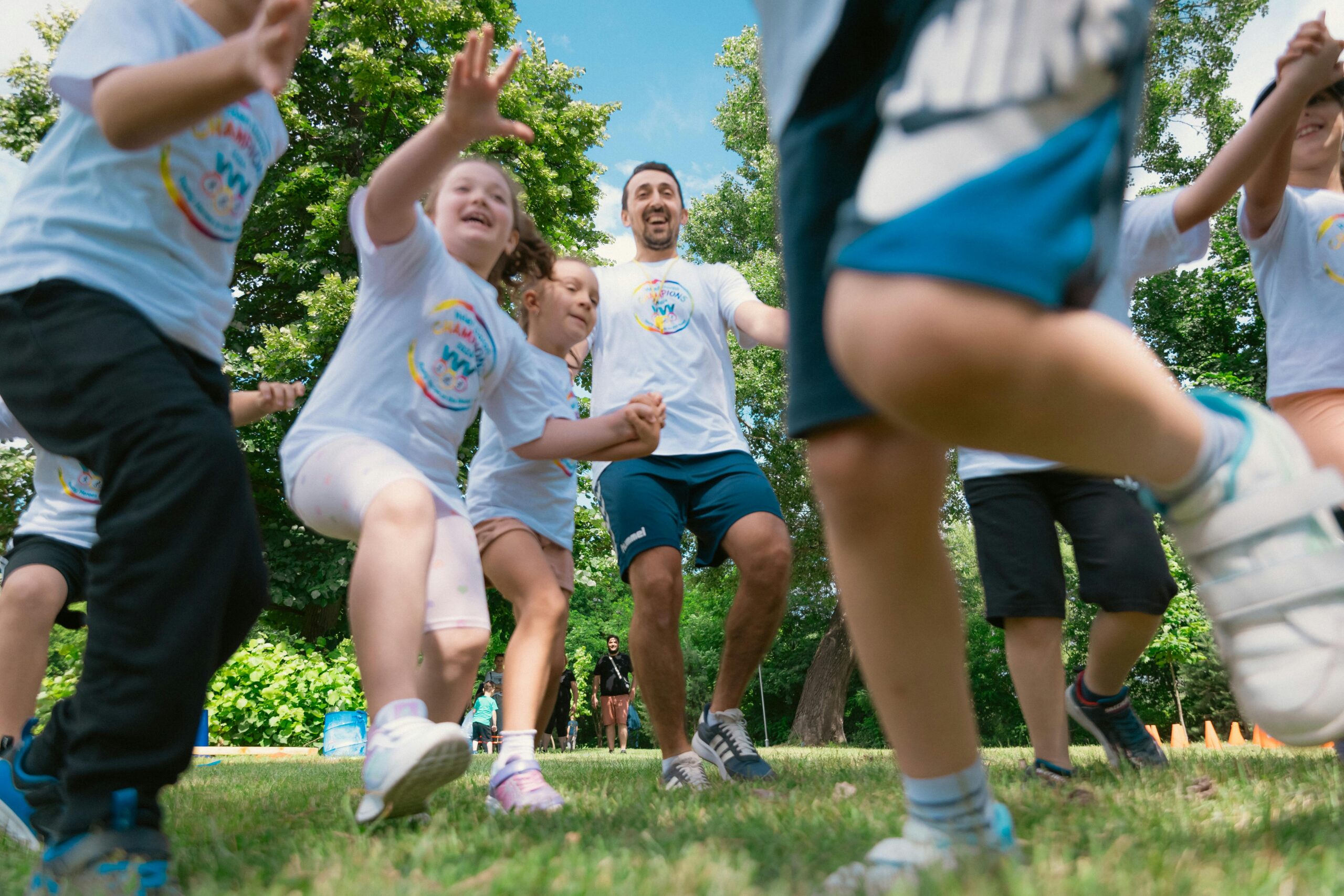
Why Your Child’s Lying Might Be a Good Sign
Why Your Child’s Lying Might Be a Good Sign
Last Tuesday, a mom sat in my office with tears in her eyes. “She looked right at me,” she said, “with chocolate smeared on his face, and told me he didn’t eat the cookies. I don’t know what’s worse — that he lied, or that he did it so confidently.”
I smiled gently and asked her how old her son was. “Four,” she said. And that’s when I told her something that surprised her: “Congratulations. His brain just reached a major milestone.”
If you’ve caught your child in a lie recently and felt that gut-punch of worry — Is my kid going to grow up dishonest? Did I fail somewhere? — take a breath. Because here’s what most parents don’t realize: lying in young children isn’t a moral failing. It’s often a sign of healthy cognitive and emotional development. Let’s talk about why your child’s lying might actually be a good sign, and what you can do to guide them toward honesty without shame.
The Hidden Brain Science Behind Your Child’s Fibs
When your four-year-old swears they didn’t hit their sibling (despite you watching it happen), they’re not becoming a tiny con artist. They’re demonstrating something called theory of mind — the cognitive ability to understand that other people have thoughts, beliefs, and perspectives different from their own.
In other words? To lie successfully, a child must be able to imagine what you know versus what they know. That’s actually pretty sophisticated brain work. Developmental psychologists consider it a crucial milestone, typically emerging between ages 3 and 5.
According to research from the Institute of Child Study at the University of Toronto, children who develop the ability to lie earlier tend to have better executive functioning skills — including self-control, planning, and working memory. The same study found that nearly all children lie by age four, and those who lie more skillfully often score higher on tests measuring cognitive development.
Now, before you start celebrating every fib, let me be clear: we’re not raising little politicians here. The ability to lie is healthy; what matters most is how we respond and what we teach them about choosing honesty.
Your child is also testing boundaries. They’re asking an unspoken question: “What happens when I try to control the narrative? Can I make uncomfortable feelings go away by changing the story?” It’s less about deception and more about emotional experimentation — and that’s where you come in.
How to Respond When Your Child Lies (Without Crushing Their Spirit)
Here’s the beautiful part: you can honor their developing brain and guide them toward integrity. The goal isn’t to shame them into honesty — it’s to build a relationship where telling the truth feels safer than hiding.
1. Stay Calm and Curious
When you catch your child in a lie, your first instinct might be panic or anger. But if you react with big emotions, you’ve just taught them that telling the truth is dangerous. Instead, take a breath and get curious. Try saying, “Hmm, I’m confused. I saw something different. Want to tell me what really happened?” This invites honesty without cornering them.
2. Focus on the Underlying Need, Not the Lie
Most childhood lies are about avoiding punishment, protecting someone they love, or covering up embarrassment. If your child lies about breaking a toy, they’re really saying, “I’m scared of getting in trouble.” Address the fear, not just the fib. You might say, “I can see you’re worried. Even when mistakes happen, we can always talk about them. I love you no matter what.”
3. Model Honesty (Even When It’s Uncomfortable)
Kids are watching. If you tell your child to say you’re not home when someone calls, or exaggerate a story to make yourself look better, they’re learning that honesty is situational. Instead, let them see you own small mistakes: “Oops, I told Grandma we’d call yesterday and I forgot. I need to apologize to her.”
4. Praise Truth-Telling More Than You Punish Lying
Catch them being honest, especially when it’s hard. If your child admits they broke something, respond with: “Thank you so much for telling me the truth. That took courage. Now let’s figure out how to fix this together.” You’ve just made honesty feel powerful and safe.
5. Create a “No Punishment for Honesty” Window
This is a game-changer. Let your child know that if they tell the truth right away — even about something big — the consequence will be much lighter (or sometimes none at all). You’re not rewarding bad behavior; you’re rewarding the courage it takes to be vulnerable. Say something like, “In our family, telling the truth always makes things better, not worse.”
| Tool | What It Does | How to Try It |
|---|---|---|
| The Calm Curiosity Question | Reduces defensiveness and invites honesty | “I’m confused — can you help me understand what really happened?” |
| Name the Fear | Addresses the emotion behind the lie | “I think you might be worried about getting in trouble. Let’s talk about that.” |
| The Truth-Teller Trophy | Reinforces honesty as a strength | “Wow, that was brave to tell me. Thank you for being honest even when it was hard.” |
| The Honesty Safe Zone | Makes truth-telling feel safe, not risky | “If you tell the truth right away, we’ll work through it together — no big punishment.” |
| Model Messy Honesty | Shows that honesty is for everyone, including you | Let your child hear you admit mistakes and apologize out loud |
The Truth About Raising Truthful Kids
Here’s what I want you to remember: your child’s lying isn’t a sign that you’ve failed. It’s a sign that their brain is growing, their emotions are complex, and they’re learning how to navigate a world full of consequences, expectations, and big feelings. The fact that you’re here, reading this, caring enough to respond thoughtfully — that already makes you the kind of parent who raises honest, emotionally healthy kids.
You don’t need perfection. You need presence. Pick one small tool from this article and try it this week. Notice what happens when you meet their lies with curiosity instead of fear. You’ll be amazed how even small moments of grace and understanding can change everything — for both of you.



